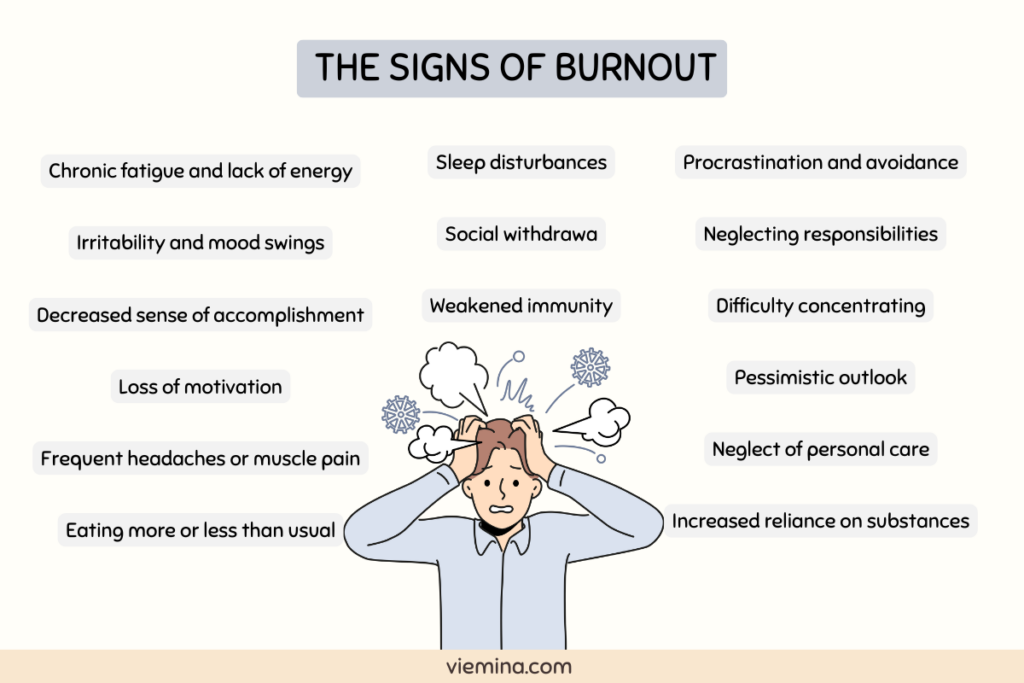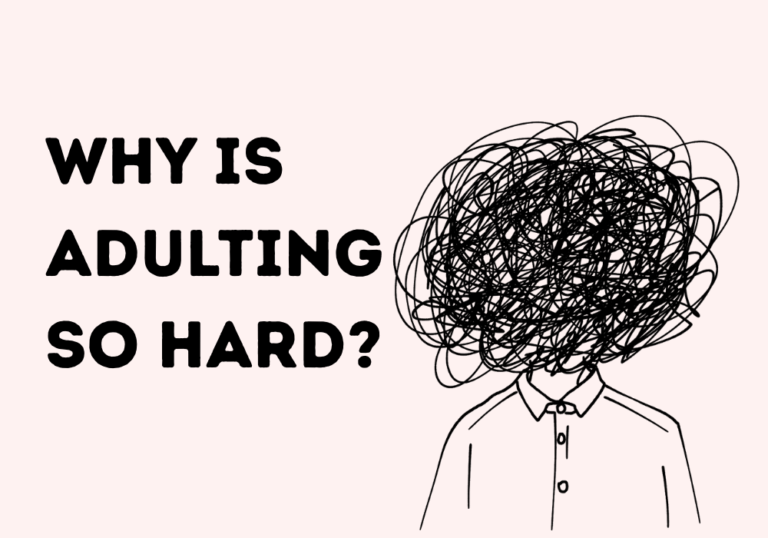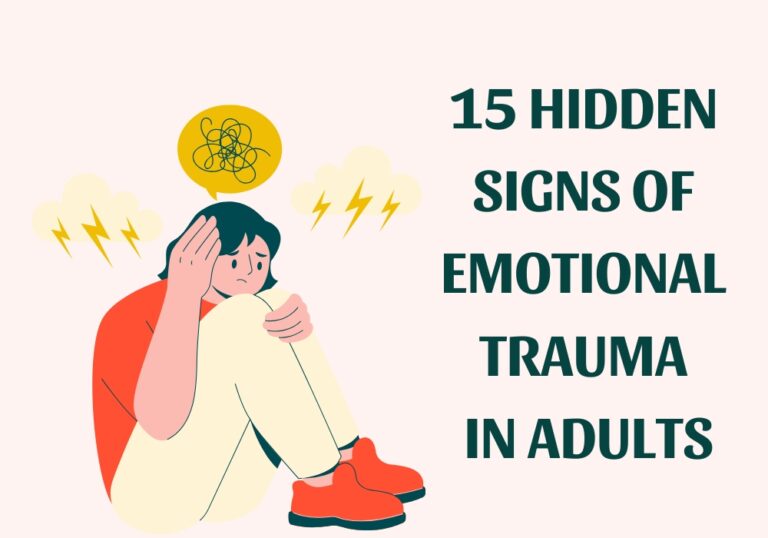What is Burnout?
Burnout is a state of emotional, mental, and physical exhaustion that occurs when the demands of a job or role drain all your energy, leaving little room for the rest of your life. It often results in feeling overwhelmed, out of balance, and like there’s never enough time or space for yourself. This can lead to a sense of being constantly “on” and disconnected from your personal needs. The good news is that you can take steps to prevent burnout and restore your energy. In this article, we will explore practical strategies to help you maintain a healthy work-life balance and reignite your passion for life.
What are the signs of burnout?

15 Ways to Get From Burnout to Balance:
1-Recognize the Signs of Burnout:
The first step in avoiding burnout is identifying the warning signs. These can include feeling tired all the time, getting easily irritated, having trouble focusing, and being less productive. If you’re feeling overwhelmed and drained, it’s a good idea to take a step back and rethink your priorities.
Related: 16 Tips To Avoid Employee Burnout for You and Your staff
2-Set Priorities and Goals:
Set priorities and goals by focusing on the important, challenging, and necessary tasks first. Avoid getting distracted by quick, easy, and fun activities. By completing what truly matters, you’ll feel more productive and have a sense of accomplishment, leaving you free to enjoy the fun stuff later.
Related: How To Set Goals and Achieve Them?
3-Set Boundaries:
A key part of avoiding burnout is setting boundaries. It’s important to say no to extra tasks that you don’t have the time or energy for. Prioritizing your own needs is okay, and by setting clear boundaries, you can protect your well-being and maintain a healthy work-life balance. Learning to set these boundaries, both at work and in relationships, can greatly reduce the risk of burnout.
Related: 7 Tips for Saying No Effectively
4-Start each day with the intention:
To make the most of each day, start by having a rough plan for how your day will go. Things will come up, and your schedule may change, but having a basic structure helps you prioritize what really matters. You can’t control everything that happens, but you can control how you react. With a solid foundation, you’ll be more productive and better able to handle life’s chaos.
⇾ Unlock your most organized year with the 2025 Ultimate Life Planner Pro!
Related: 7 Easy Tips To Set Daily Intentions To Improve Your Life
5-Follow a healthy diet:
A healthy diet that includes omega-3 fatty acids can naturally support your mental health by acting as an antidepressant. Omega-3s, found in foods like flaxseed oil, walnuts, and fatty fish such as salmon and mackerel, have been shown to help improve mood and reduce symptoms of depression. In addition to boosting your mood, eating fresh, nutrient-dense foods also supports your immune system, making you more resilient to stress and fatigue. By prioritizing a balanced diet with these key nutrients, you can increase your energy levels and enhance overall well-being.
Related: Emotional Eating:10 Ways To Stop it And Be Mindful Of Your Diet
6-Get enough exercise:
Exercise is good for your brain too and your body. It helps prevent fatigue by releasing endorphins, natural chemicals that reduce stress and anxiety. Whether it’s running, yoga, or going to the gym, find something you enjoy and make it a habit. If you struggle with fatigue and burnout, exercise can help you too much. It helps release stress and increases mood hormones, making it easier to manage stress and feel good all the time.
Related: 25 Simple Ways to Boost Your Mood
7-Create a habit of journaling:
Journaling has proven to be an excellent emotional decompression. It may take time to build the habit, but of course, the results will teach you how to recover from mental burnout.
Related:10 Tips to start Journaling and make it a Habit
8-Make a change:
Change can be scary, but it’s often necessary to protect your health. If you’re feeling burnt out, it’s a sign that something in your life needs to change. Adjusting your routine, workload, or self-care habits can help you feel better, reduce stress, and get your mental and physical health back on track.
Related: How to Embrace Change in Your Life?
Related:11 Signs, It’s Time to Change Your Life
9-Create a Healthy Sleep Schedule :
Lack of sleep caused by stress can weaken your body, reduce mental focus, and affect your emotional well-being. Aim for 7 to 8 hours of sleep each night to help improve your physical health, boost concentration, and build emotional strength. Getting enough rest is essential for overall well-being and stress management.
Related: Sleep Deprivation: Symptoms, Causes, & 10 Effects
10-Get Organized:
Getting organized helps you focus on what’s important, reduces stress, and lets you use your energy more effectively. Instead of trying to remember everything, use lists or digital tools like an all-in-one planner to store important information. This way, you can stay on top of tasks without feeling overwhelmed.
Related: How to Be More Organized at Work? “15 Tips”
11-Take a break:
Taking breaks throughout the day is important for relieving stress and recharging your energy. Short breaks can help you relax and give your mind a chance to reset, and they’re also a good time to practice mindfulness. Longer breaks, like taking a few days off or going on vacation, can offer even more rest and help you return to work with a fresh perspective. While taking a break from work isn’t always possible, it’s crucial for relieving tension and giving both your body and mind the time they need to relax and recharge.
Related: 9 Types of Self Care Everyone Needs to Practice
12-Explore New Opportunities:
If your current job or responsibilities are draining you instead of making you happy, it might be time to look for new opportunities. Finding a career that suits your lifestyle can help you feel more balanced and satisfied.
Related: Finding Your Path as an Entrepreneur: 15 Top Tips
13-Do things you enjoy:
If you’re wondering how to recover from mental burnout, having fun is a good way to start. Engaging in things that make you happy will measure your stress levels and help you reconnect with yourself emotionally.
Related: How to Find Joy in the Small Things?
Related: How to Living Alone: 12 Tips for a Smooth, Happy Transition
14-Work-life balance:
Work-life balance means managing your work and personal life without neglecting either one. It’s important because it helps reduce stress and prevent burnout. When you have time for family, hobbies, and self-care, you feel happier and healthier. Research shows that people with good work-life balance are more motivated, focused, and productive at work. Balancing your time also helps you feel more in control and can lead to better mental and physical health.
Related: How to Maintain a Healthy Work-Life Balance In 19 Tips
15-Stress Management:
Stress is a common trigger for burnout, but managing it effectively can help prevent it. So to manage stress, try activities that help you relax and feel better. Creative things like drawing, journaling, or listening to nature sounds can take your mind off stress. Another helpful tip is time management—break big tasks into smaller steps so you don’t feel overwhelmed. Spending time outside, like taking a walk in a park, can also help calm you down. Lastly, talking to a friend or family member about how you feel can help release tension and give you support.
Related: 10 Effective Techniques to Reduce Stress
Related: 10 Anger Management Strategies To Help You Stay Calm
Conclusion:
Burnout is something that can happen to anyone, but it doesn’t have to control your life. Your well-being matters, so make yourself a priority. Take steps to prevent burnout before it affects your health and happiness.








